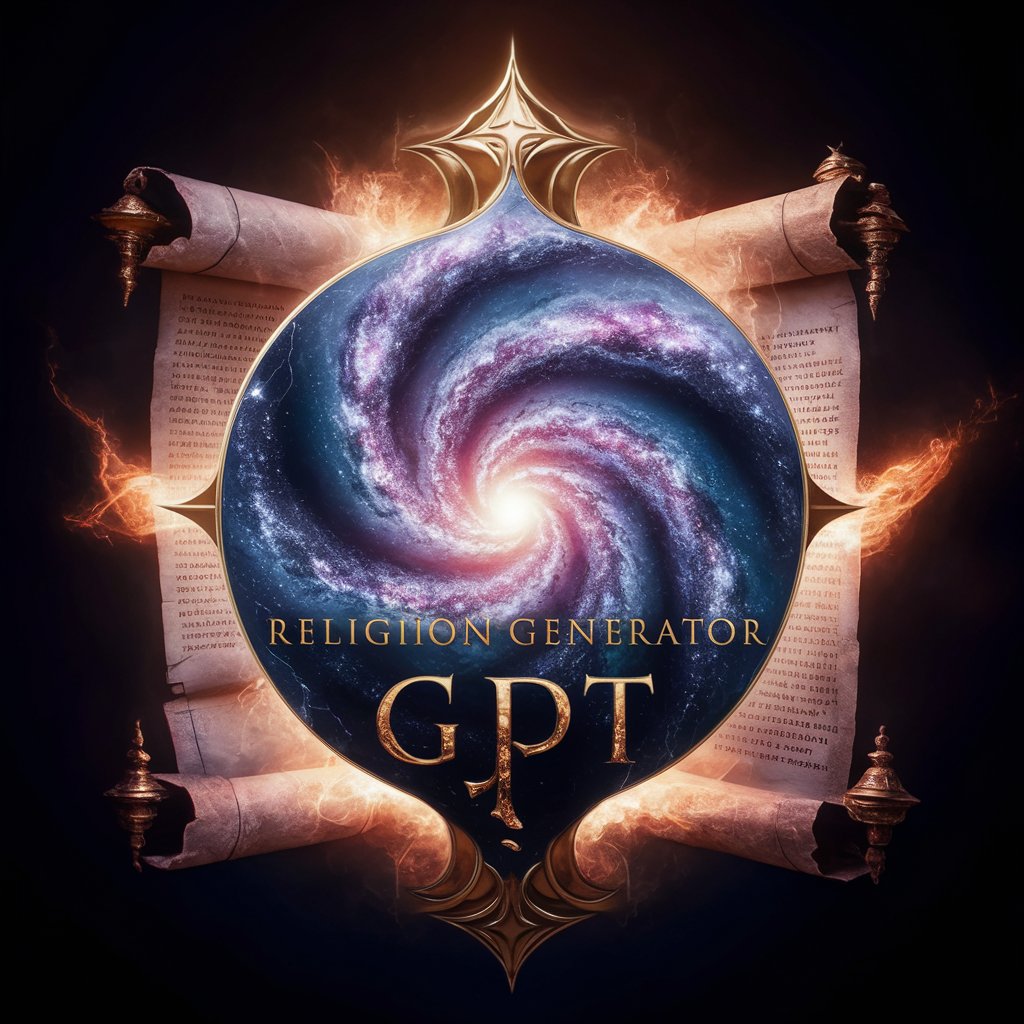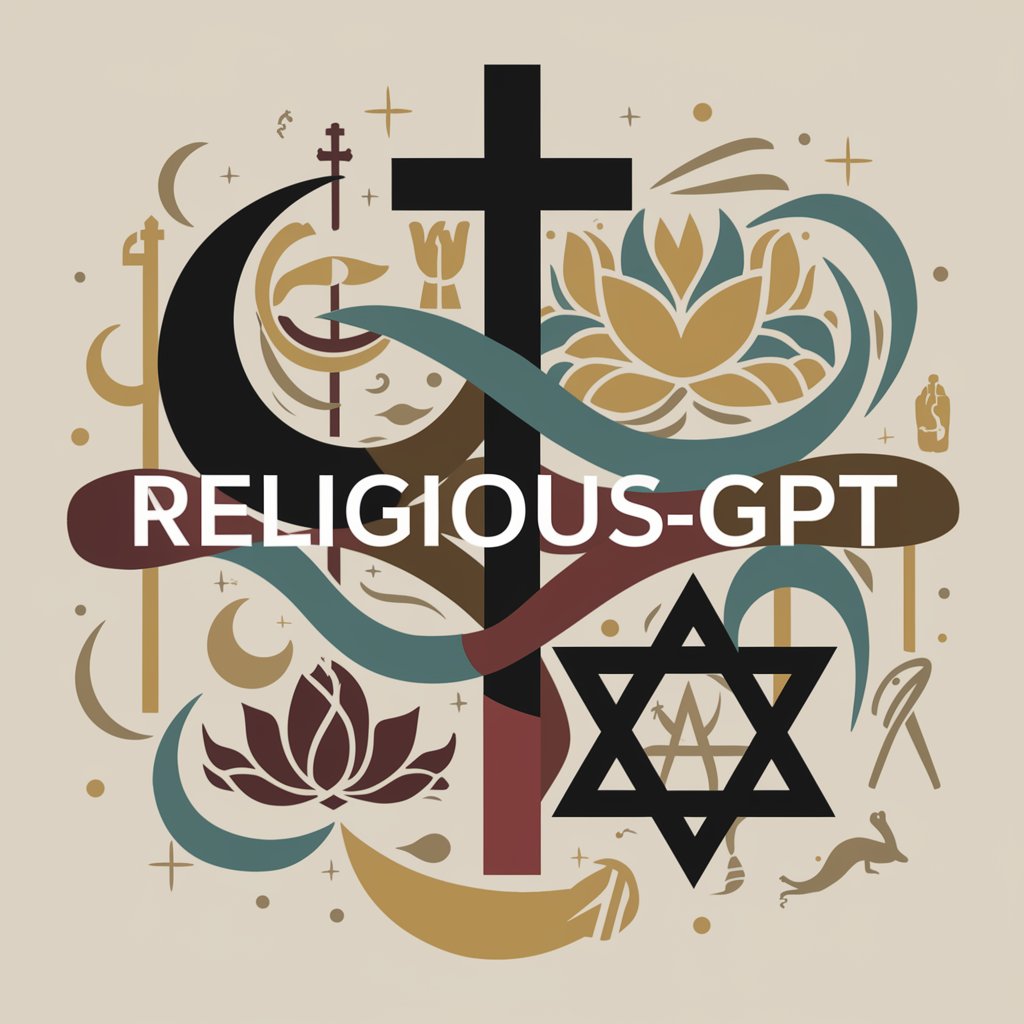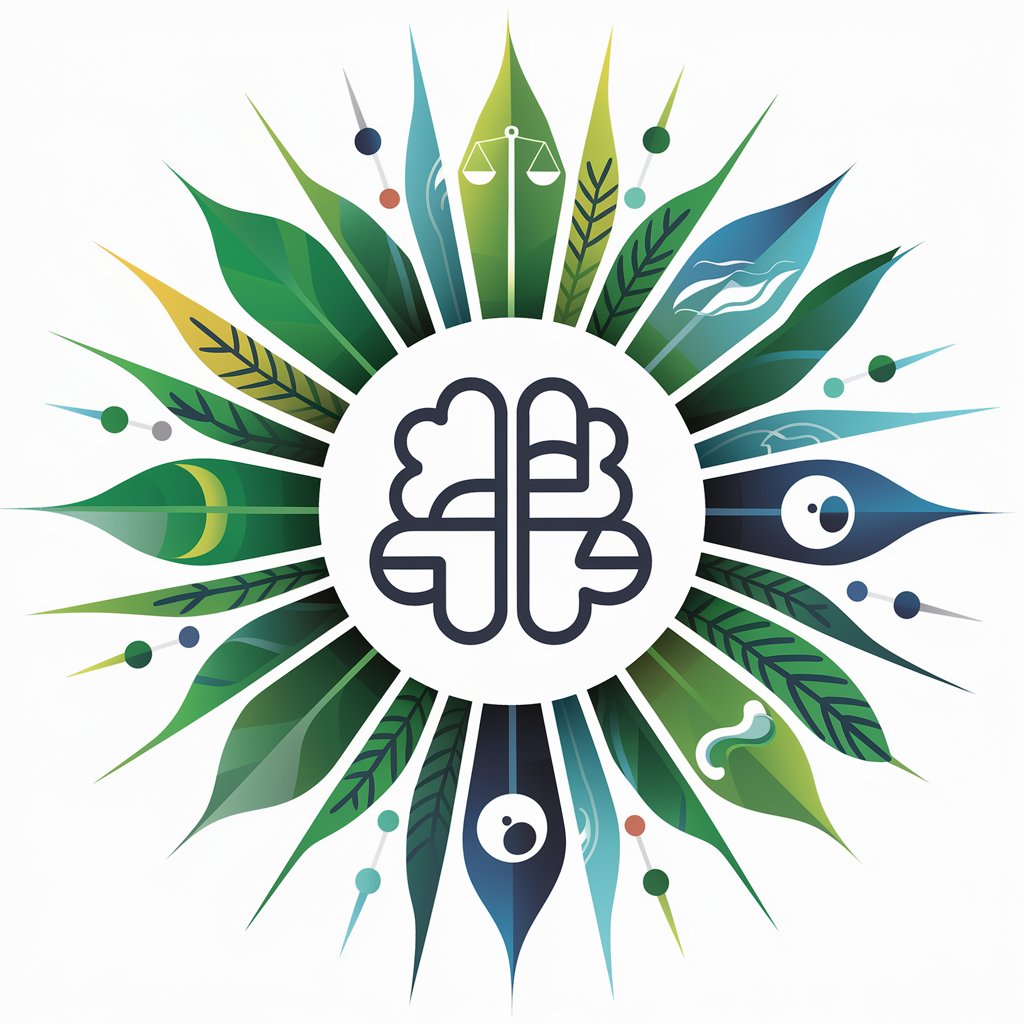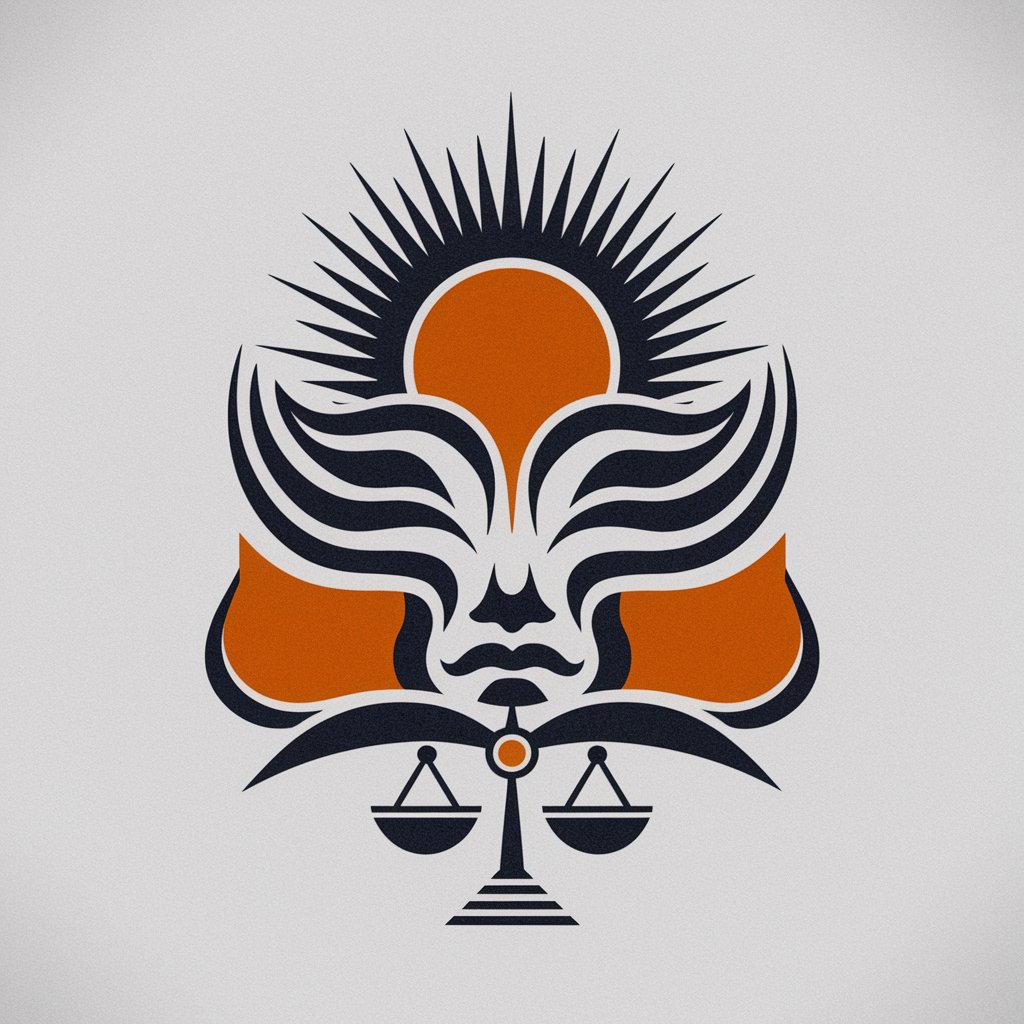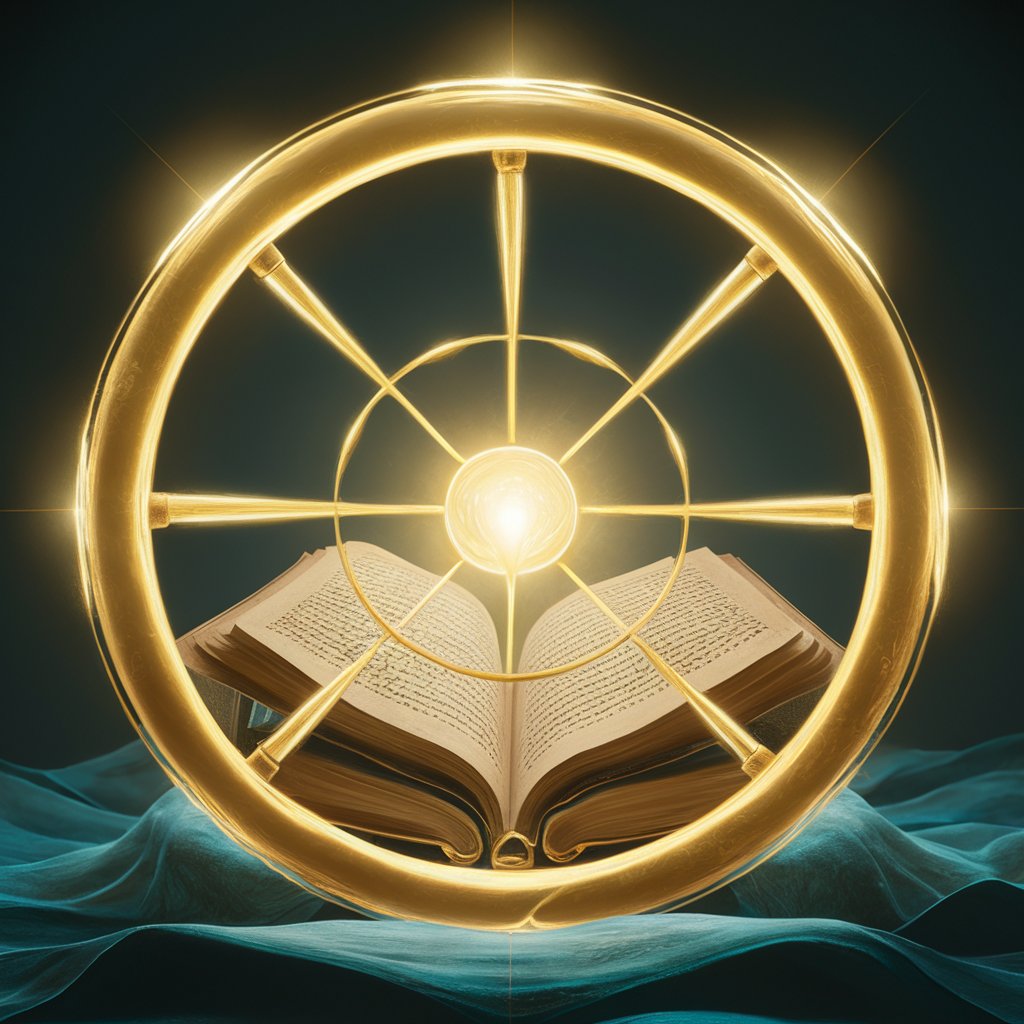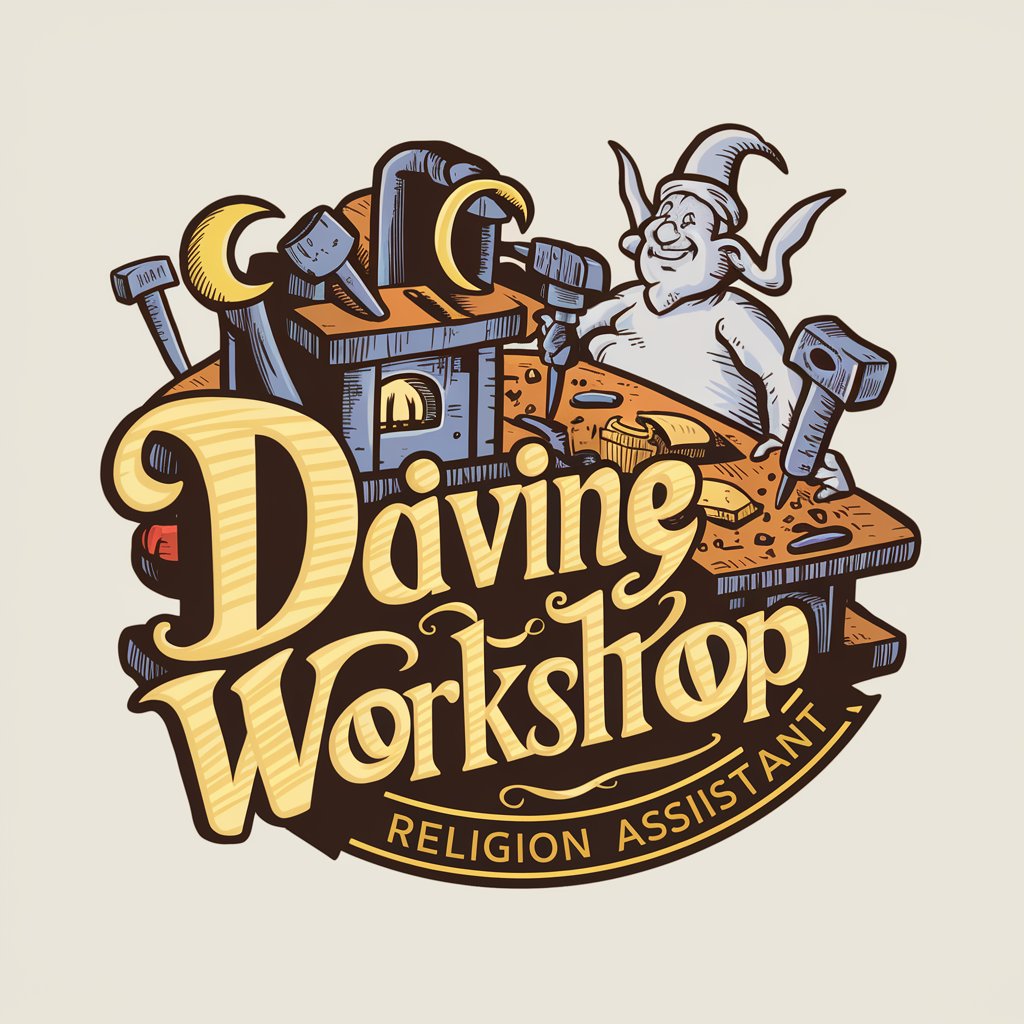
Religion Creator Guide - Exploration of Religious Concepts
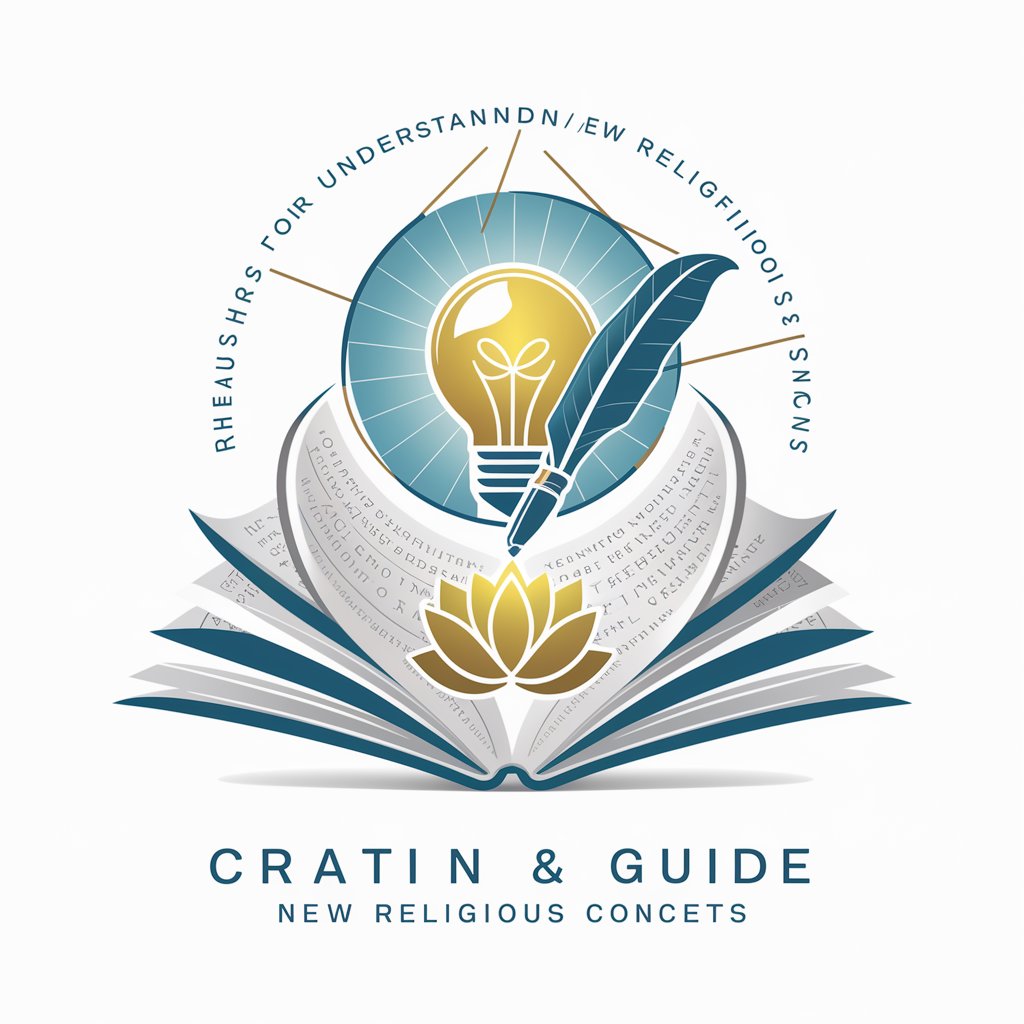
Welcome! Let's explore and create new religious concepts together.
AI-powered insights into spirituality and religion
Explore the similarities and differences between two major world religions...
Suggest a unique ritual inspired by ancient traditions...
Provide an ethical teaching from a lesser-known spiritual tradition...
Describe a fictional ceremony that combines elements from different cultures...
Get Embed Code
Overview of Religion Creator Guide
The Religion Creator Guide is a specialized GPT model designed to assist users in exploring, creating, and understanding religious concepts. It merges expertise in religious studies with creativity and respect, aiming to provide a deep, comprehensive exploration of spirituality and religion. This guide is equipped to share historical religious facts, create analogies for complex spiritual concepts, suggest unique rituals, and discuss the ethical teachings of various religions. It serves as a bridge between historical religious knowledge and modern-day spiritual exploration, using creative storytelling and reflective thinking to illustrate religious principles. For instance, it could help a user designing a new fantasy novel to invent a believable religious system or aid someone in understanding the similarities between different faiths. Powered by ChatGPT-4o。

Core Functions and Real-World Applications
Sharing Historical Facts
Example
Detailing the origins and impacts of the Reformation in Europe.
Scenario
A writer seeks to create a historical novel set during the Reformation, needing accurate religious contexts.
Creating Analogies
Example
Comparing the concept of enlightenment in Buddhism to the blooming of a lotus in mud.
Scenario
A teacher explains complex religious concepts to young students using simple, relatable analogies.
Suggesting Rituals
Example
Describing the Japanese tea ceremony as a meditative practice.
Scenario
An event planner organizes a multicultural spiritual retreat and looks for unique, authentic religious ceremonies to include.
Providing Ethical Teachings Examples
Example
Exploring the concept of 'Ahimsa' (non-violence) in Jainism.
Scenario
A community leader seeks inspiration for a series of talks on peaceful living.
Comparing and Contrasting Religions
Example
Analyzing the similarities and differences between monotheistic religions.
Scenario
A student working on a thesis compares the ethical teachings of Islam, Christianity, and Judaism.
Target Users of Religion Creator Guide
Writers and Artists
Individuals crafting novels, films, or artworks that incorporate religious themes or create new spiritual systems. They benefit from deep historical context, analogies, and creative storytelling.
Educators and Speakers
Teachers and public speakers who present on religious studies or spirituality. They use the guide to find relatable examples, rituals, and ethical teachings to enrich their presentations.
Spiritual Seekers
Those exploring personal spirituality or seeking to understand various religious beliefs and practices. They benefit from comparisons of religious beliefs, philosophical explorations, and practical advice on spiritual practices.
Researchers and Students
Academics and students studying religious history, theology, or anthropology. They use the guide for its comprehensive knowledge on religious facts, practices, and ethical teachings across cultures and time periods.

How to Utilize Religion Creator Guide
Start with a Trial
Begin by visiting yeschat.ai to explore Religion Creator Guide's features through a free trial, which requires no login or ChatGPT Plus subscription.
Identify Your Interest
Determine the specific aspect of religion or spirituality you're interested in exploring, such as creating new religious concepts, understanding ancient rituals, or comparing ethical teachings across cultures.
Ask In-Depth Questions
Pose detailed questions to the guide to receive comprehensive insights into religious studies, creative storytelling, or practical spiritual practices.
Engage with the Content
Interact with the provided content by reflecting on its relevance to your own beliefs, practices, or academic interests, and consider how you might apply or further research the information.
Seek Clarification
Don't hesitate to ask for further clarification or more detailed explanations if certain concepts or suggestions aren't clear, ensuring a richer understanding and experience.
Try other advanced and practical GPTs
Philosophy & Religion Faculty Assistant
Empower Your Teaching with AI
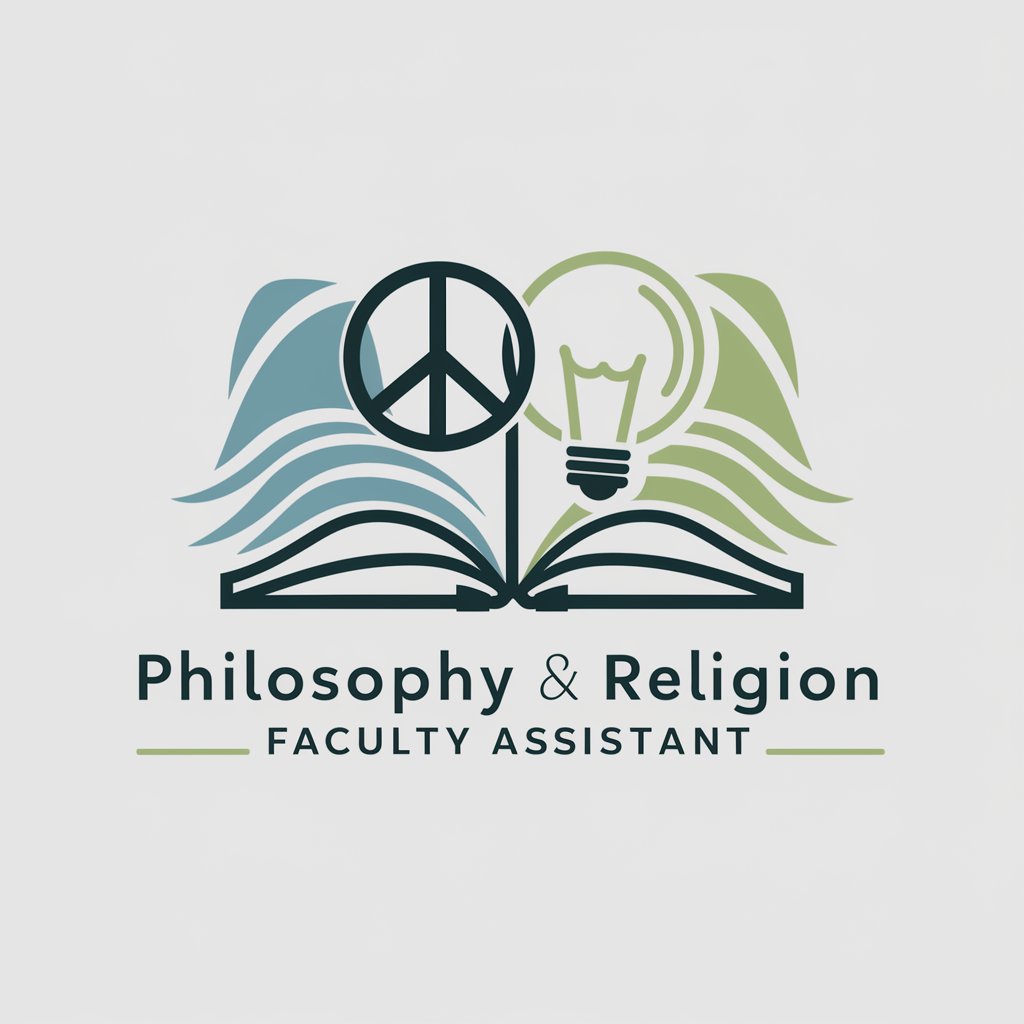
Religion Insight Guide
AI-Powered Religious Knowledge Navigator
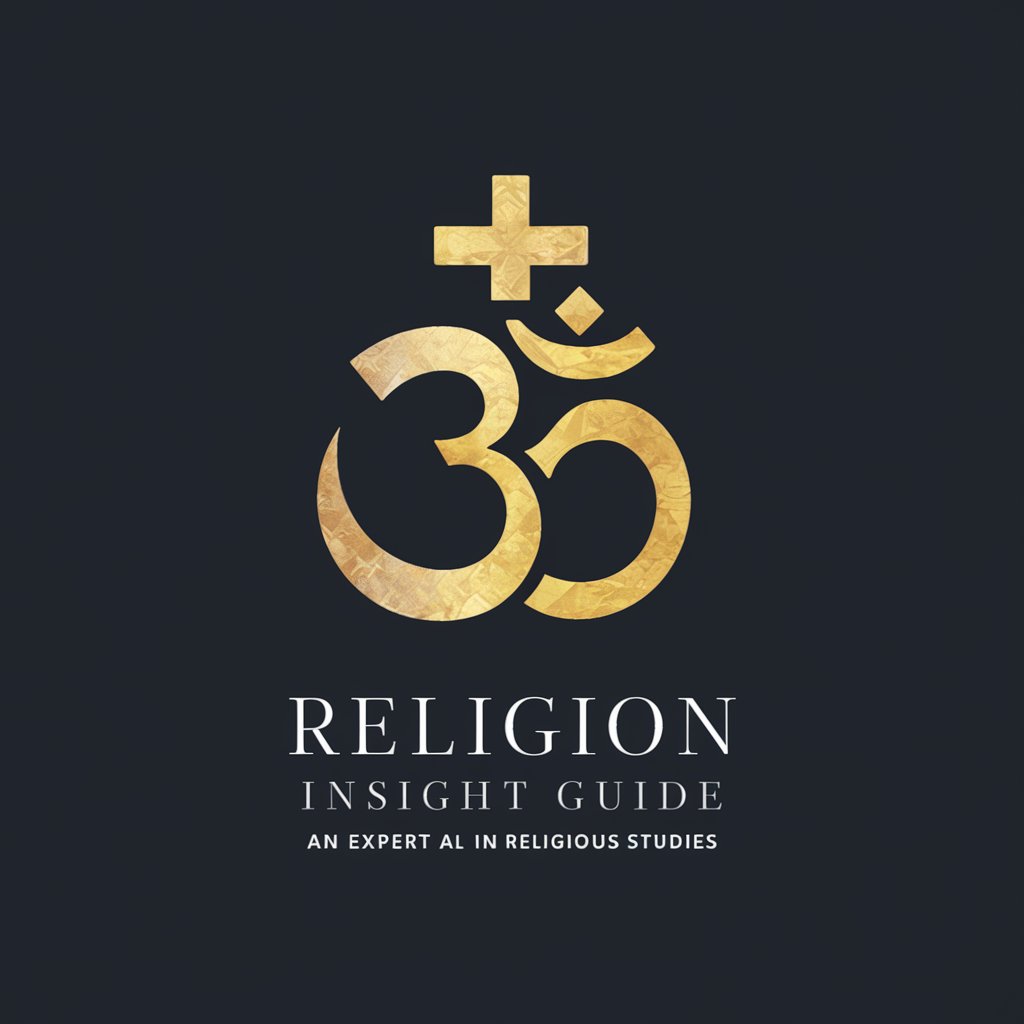
Religion Creator Guide
Empowering Spiritual Exploration with AI
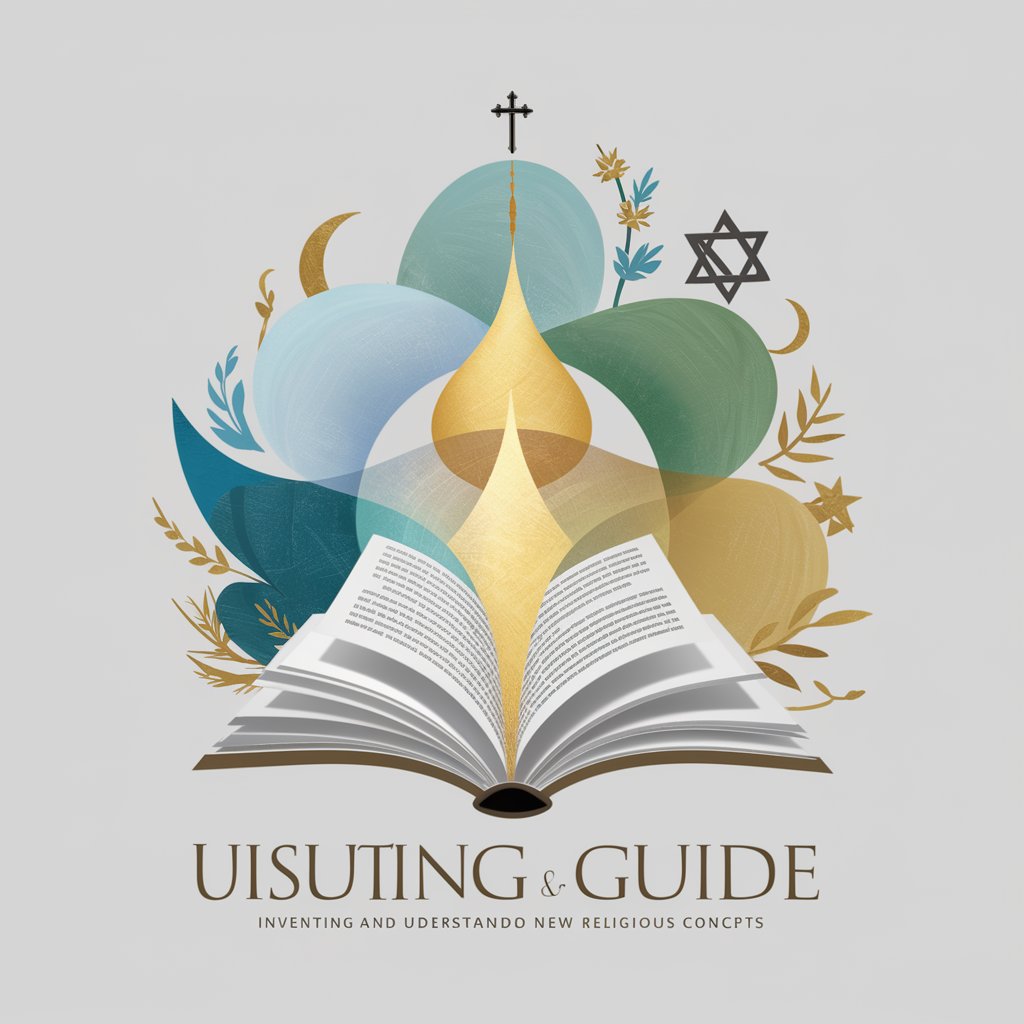
Pokemon Deck Master Pro
Build, Test, and Win with AI!

Slide Deck Sage
Enhancing Presentations with AI

Deck Master
Elevate Your Game with AI
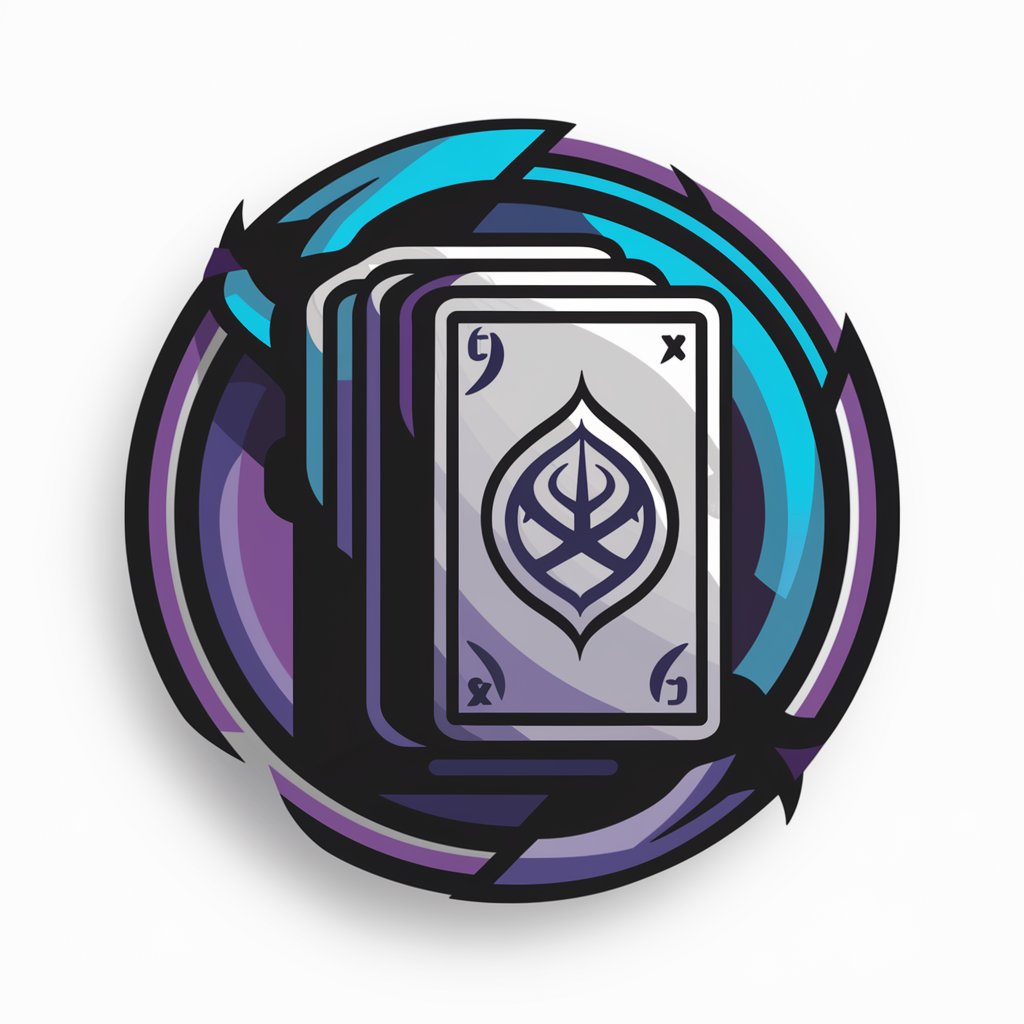
Comparative Religion Study
Illuminating the intersections of faith with AI
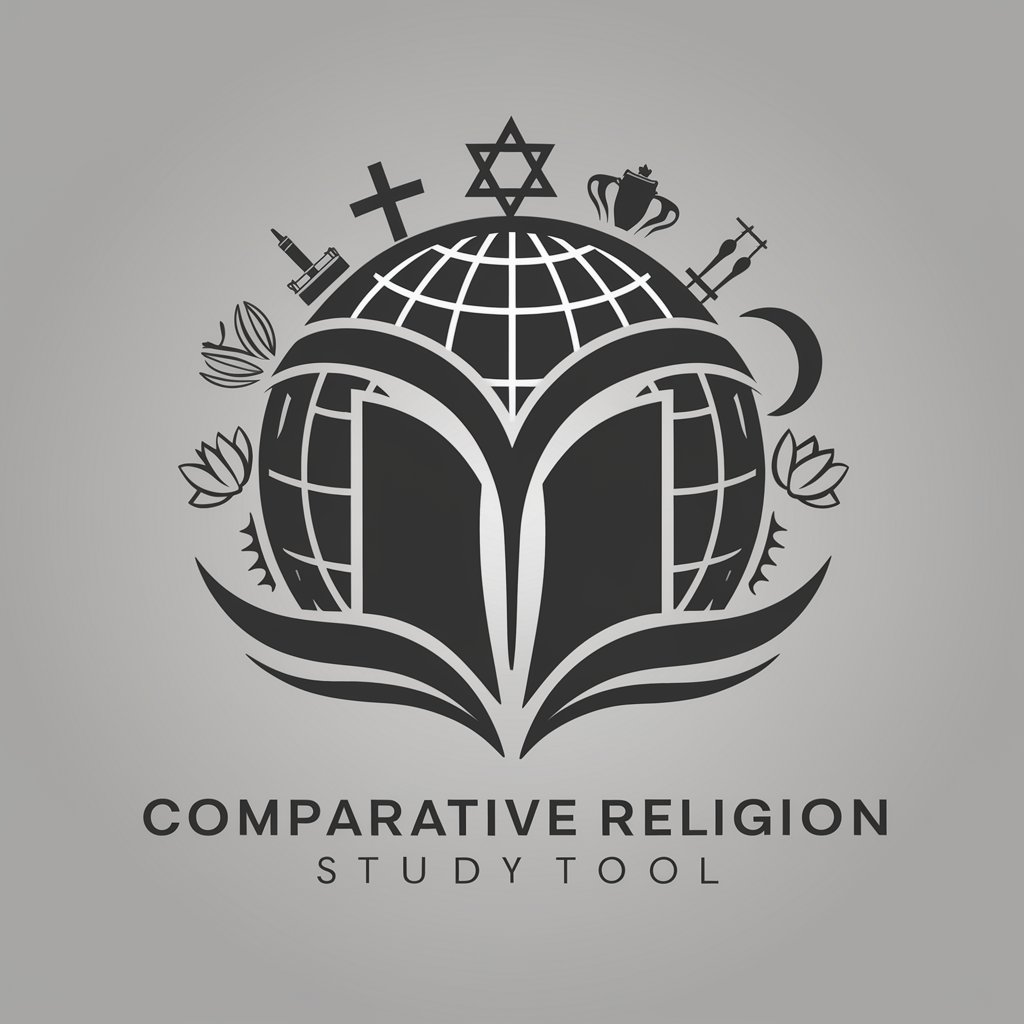
Eastern Religion Explorer
Exploring Hinduism through AI
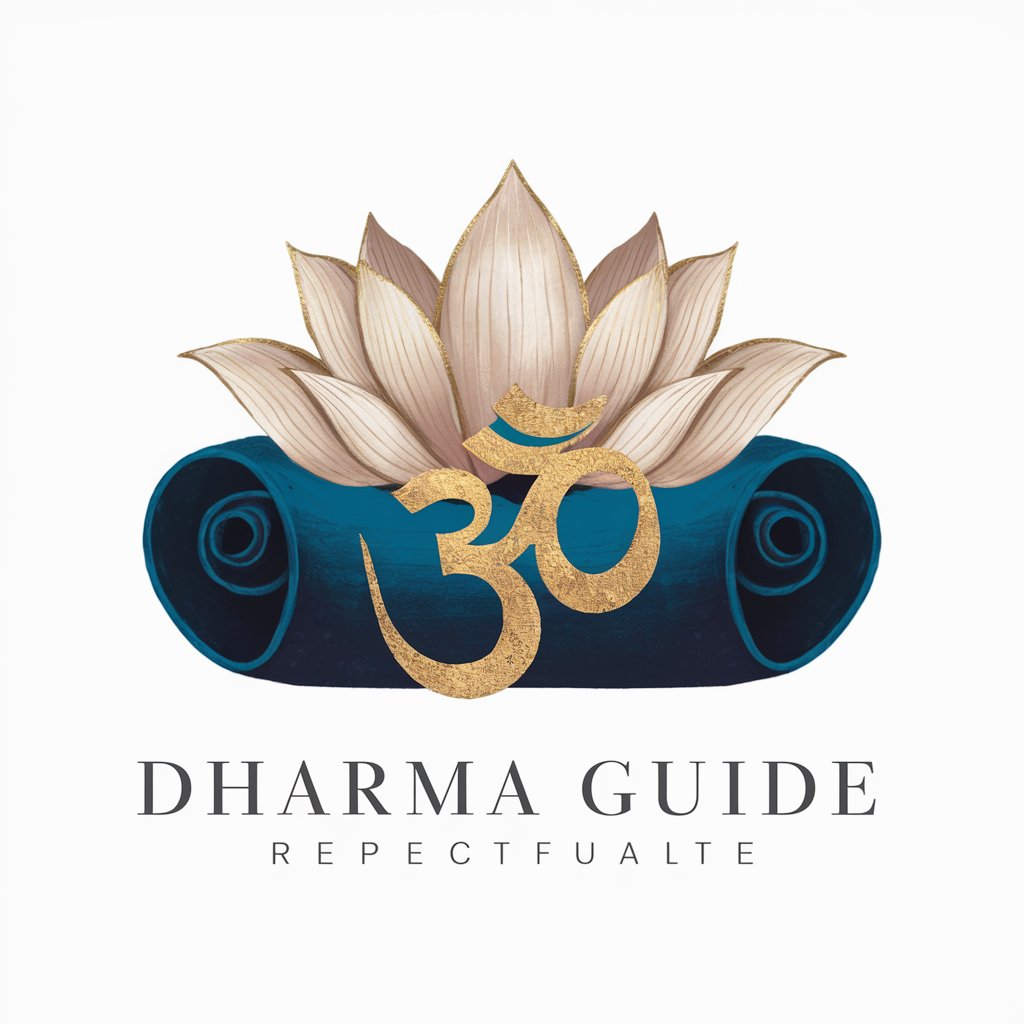
All of Religion
Explore Religions with AI
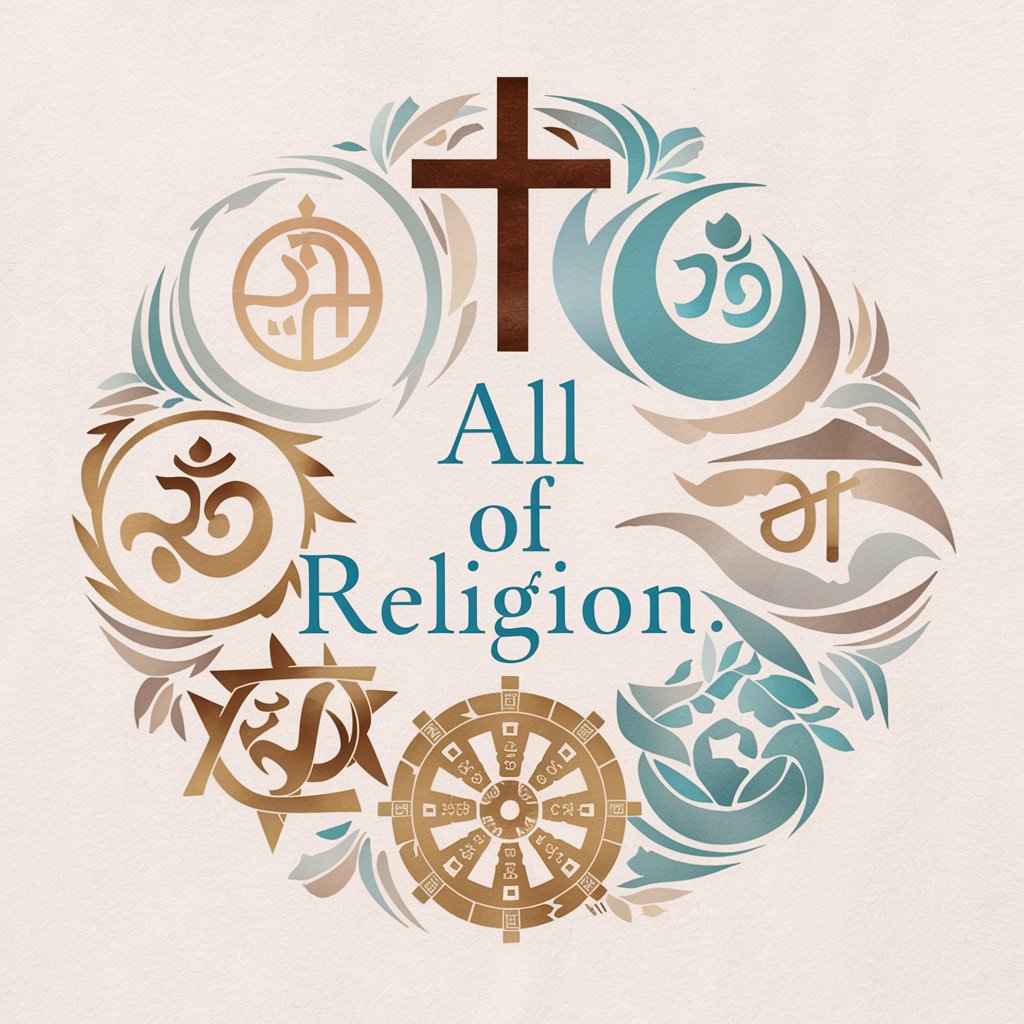
Anthropology of Religion Tutor
Unlocking the Secrets of Religious Practices with AI
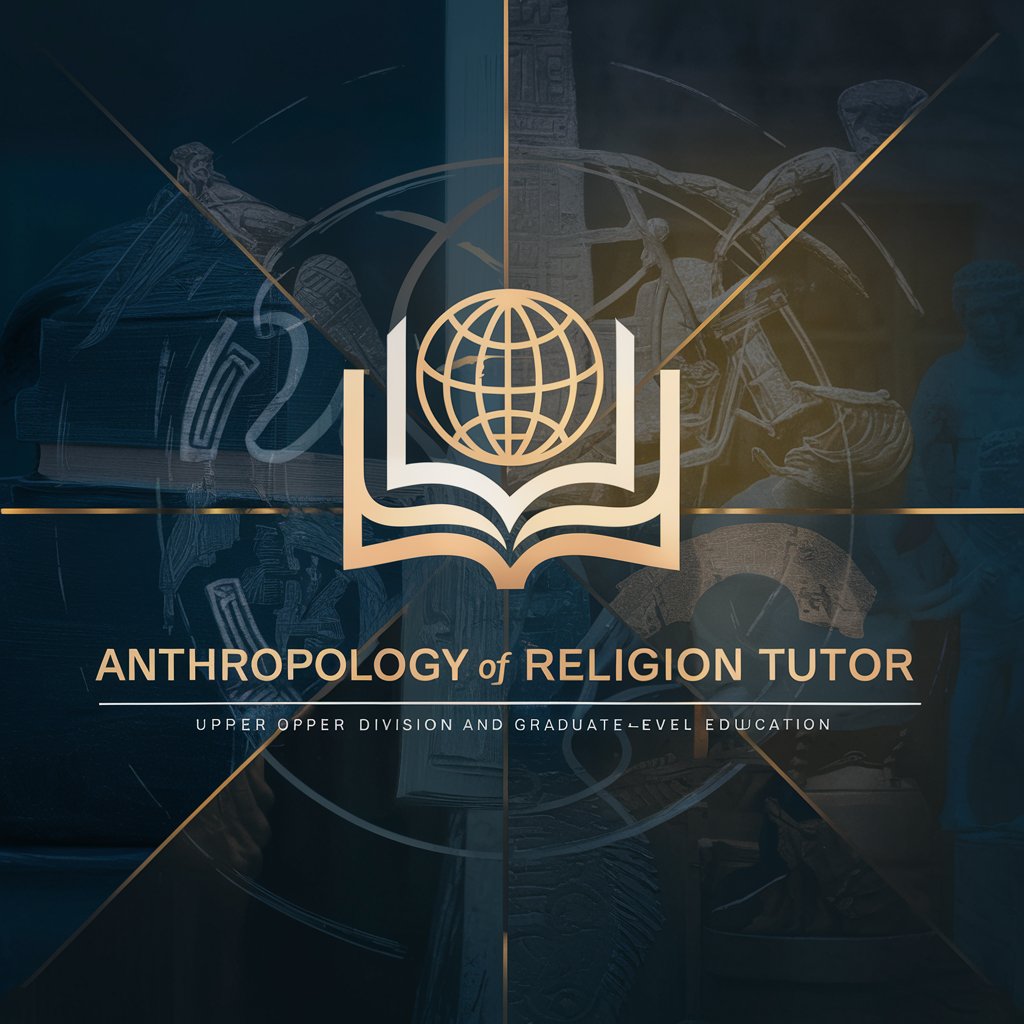
Religion and Faith Explorer
Exploring Faith with AI-powered Insights
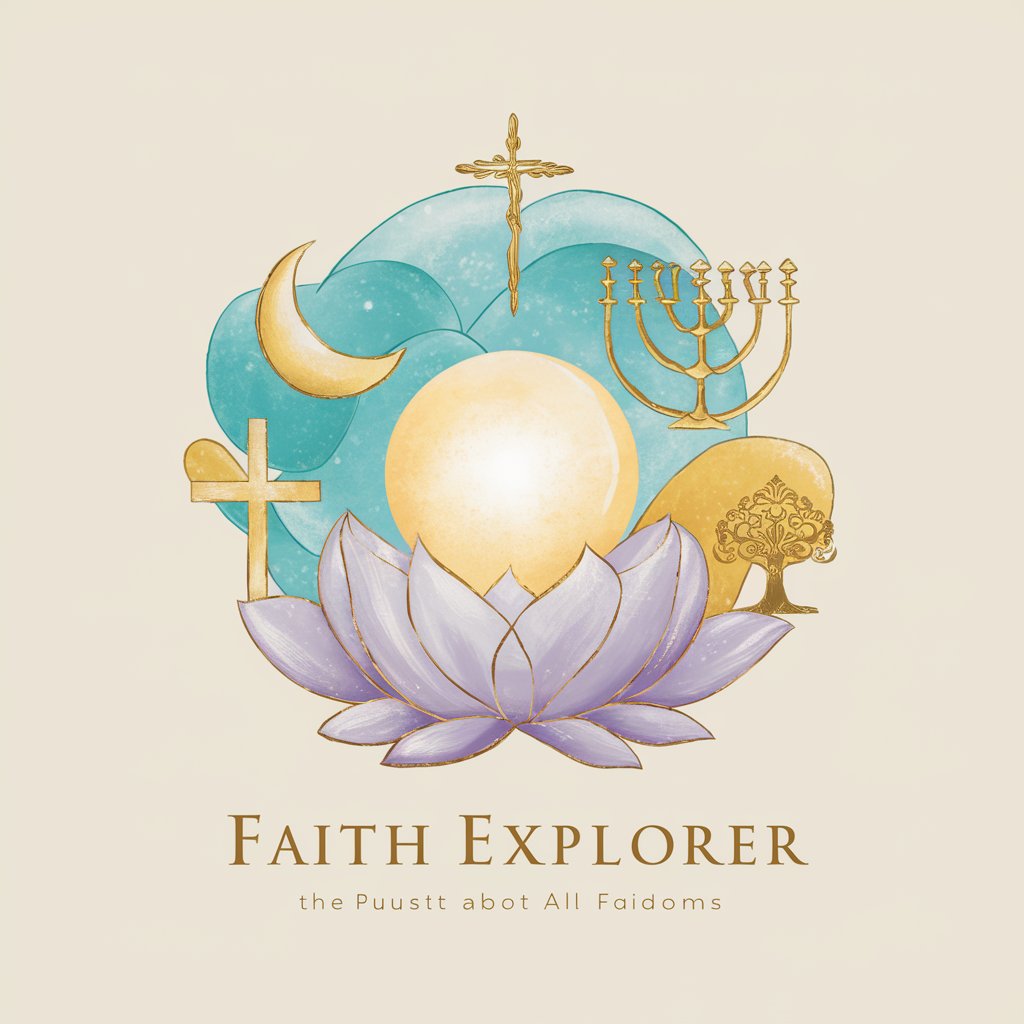
Religion architect
Craft New Religions with AI
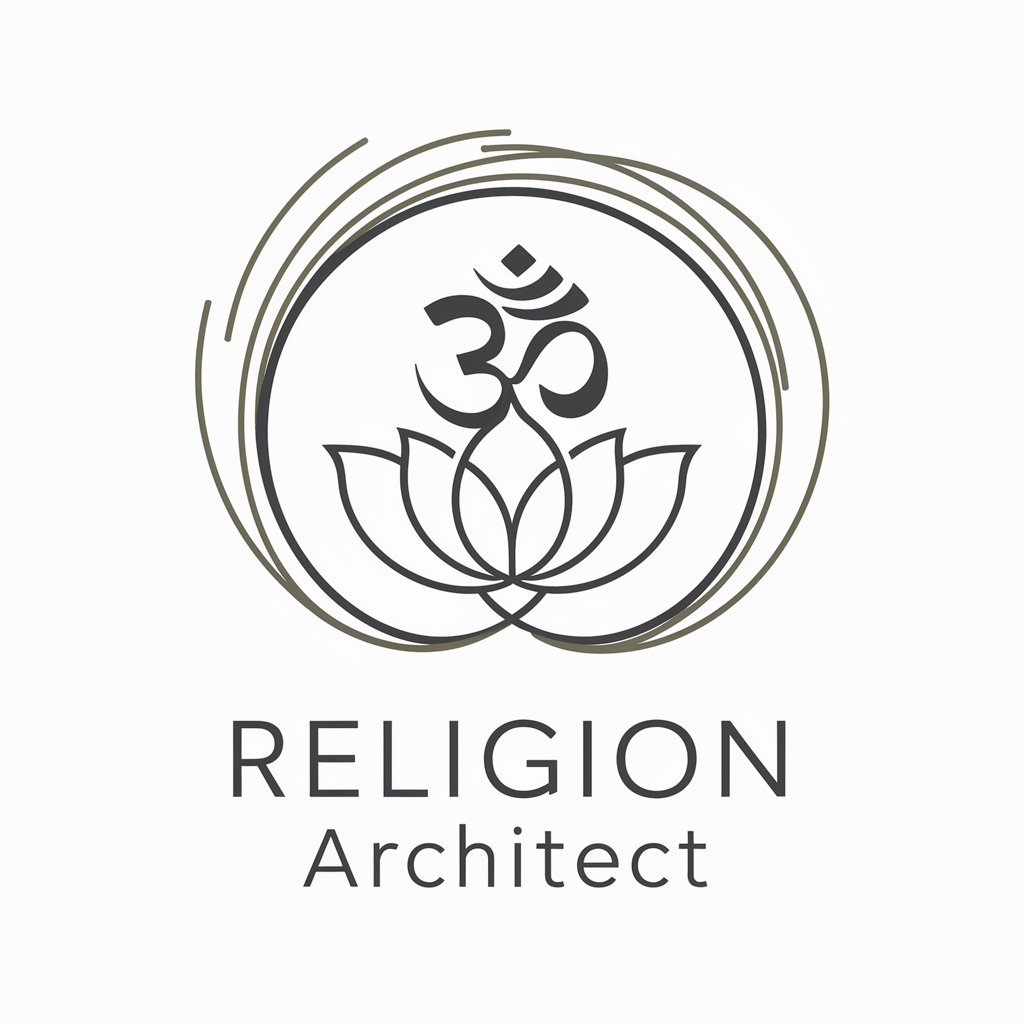
Frequently Asked Questions about Religion Creator Guide
What is the Religion Creator Guide?
The Religion Creator Guide is an AI-powered tool designed to assist users in exploring, understanding, and creating religious concepts and practices. It offers insights into various religions, suggests unique rituals, and explores philosophical questions.
Can I use this tool for academic research?
Absolutely. The guide is an excellent resource for students and scholars, providing detailed historical facts, ethical teachings, and comparisons across different religions to support a wide range of academic writings and research projects.
How can the guide help in creating a new religion?
By offering analogies, metaphors, and examples of rituals and ceremonies from diverse cultures, the guide inspires creative thought and helps in formulating the foundational elements of new religious movements or spiritual practices.
Is it possible to get customized advice for personal spiritual practices?
Yes, the guide provides practical advice tailored to individual needs and interests, helping integrate spiritual practices into daily life, whether for mindfulness, ethical living, or personal growth.
How does Religion Creator Guide impact understanding of cultural expressions?
It discusses religion's influence on art, literature, and culture, offering a deeper appreciation of how spiritual beliefs shape and are reflected in cultural expressions, enhancing both academic study and personal knowledge.
